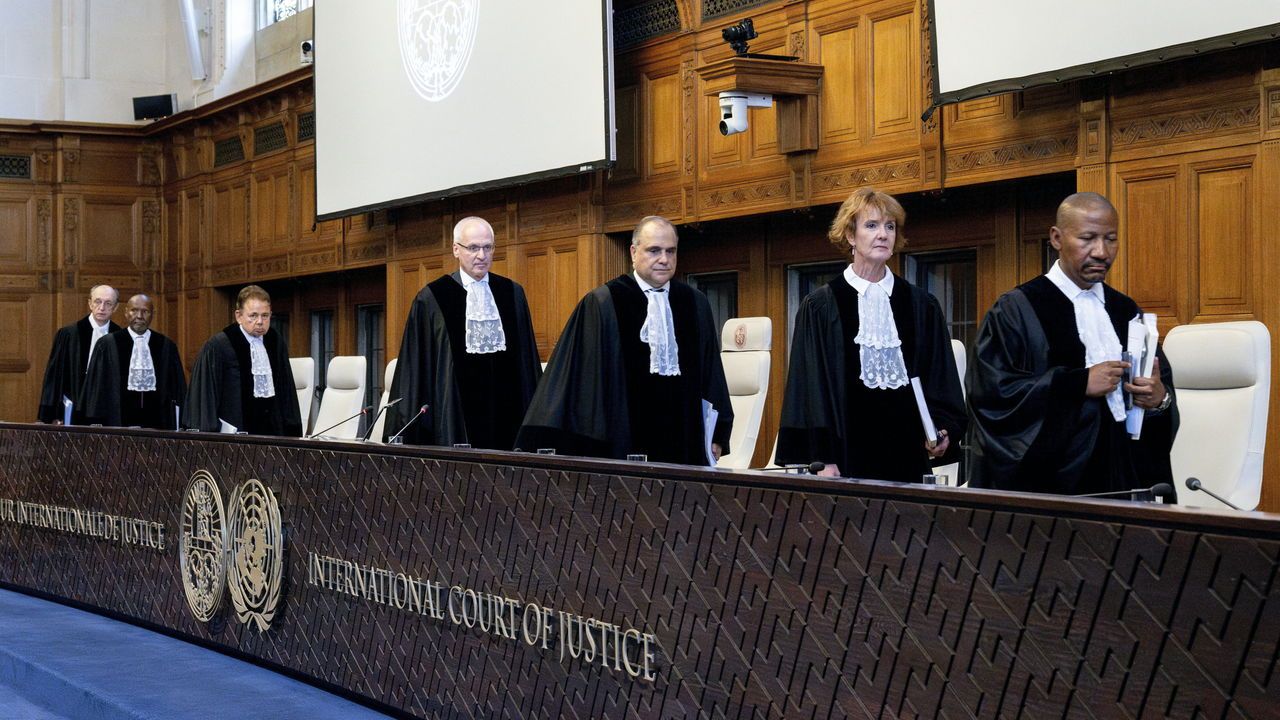The world court says Israel’s occupation is illegal
But will the International Court of Justice’s ruling have any effect?

FOR FIFTY-SEVEN years Israel has justified its control over the territories it captured in 1967 with a combination of historic, legal, diplomatic and security arguments: The eastern part of Jerusalem and the west bank of the Jordan river were inhabited by Jews from biblical times; Israel had not captured the territory from a sovereign country but from an illegal occupation by the Jordanian kingdom, which attacked Israel first in 1967; as a small country surrounded by enemies, it needed to hold the territory to protect itself and besides, the final status of the area would be decided through negotiations.
Explore more
More from Middle East and Africa

Israeli retaliation in Lebanon seems inevitable
But it still wants to avoid all-out war against Hizbullah

Why the AI revolution is leaving Africa behind
Large infrastructure gaps are creating a new digital divide

Rwandan soldiers may outnumber M23 rebels in Congo
The prospect of dislodging the rebels is becoming dimmer
Bibi Netanyahu offered spectacle over substance in America
His fourth address to Congress was historic, but held few answers for Israelis
Israel and the Houthis trade bombs and bluster
For now, though, neither side is a strategic threat to the other
Africa’s surprising new age of rail
Sino-American tensions are playing out on the tracks